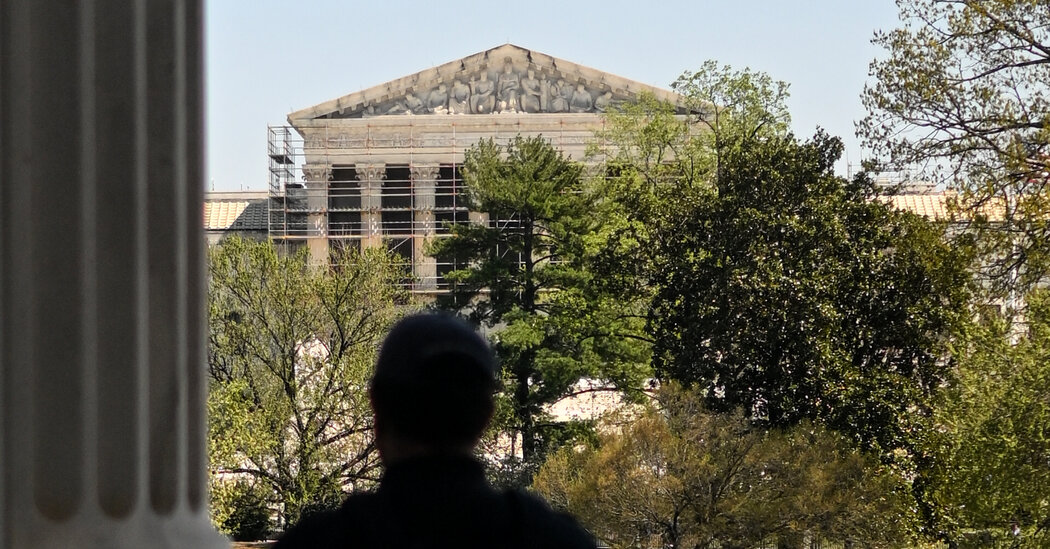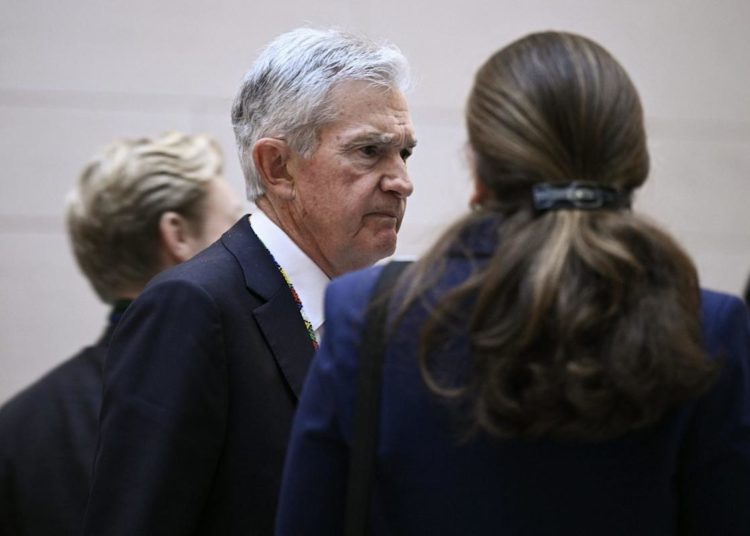On April 7, 2025, the Trump administration escalated its ongoing battle over immigration policy by filing an emergency appeal with the U.S. Supreme Court. The move comes in response to a federal judge’s order mandating the return of Kilmar Abrego Garcia, a Salvadoran migrant living legally in Maryland, who was erroneously deported to El Salvador last month. The administration’s request to block the ruling marks yet another flashpoint in its aggressive deportation agenda, raising questions about legal accountability, judicial authority, and the human cost of bureaucratic missteps.
The saga began on March 15, when Abrego Garcia was swept up in a wave of deportations targeting alleged gang members. Despite a 2019 immigration court order protecting him from removal due to potential persecution in El Salvador, he was placed on a flight to the Central American nation and delivered to the notorious Center for the Confinement of Terrorism (Cecot), a high-security prison. The government later conceded the deportation was an “administrative error,” but has since resisted efforts to rectify the situation, prompting outrage from immigrant advocates and legal experts alike.
U.S. District Judge Paula Xinis, presiding over the case in Maryland, didn’t mince words. In a scathing 22-page opinion issued on April 4, she called the deportation “wholly lawless” and ordered the administration to bring Abrego Garcia back to the United States by 11:59 p.m. on April 7. The judge rejected the government’s claim that it lacked the authority or means to retrieve him from Salvadoran custody, pointing to prior instances where the U.S. successfully returned wrongly deported individuals under court orders. “Having confessed grievous error,” Xinis wrote, “the defendants now argue that this court lacks the power to hear this case, and they lack the power to order Abrego Garcia’s return.”
Unwilling to comply, the Trump administration turned to the Supreme Court just hours before the deadline. Solicitor General John Sauer argued in the filing that the judge’s order represents “judicial overreach” and that Abrego Garcia’s removal to El Salvador, while an error in destination, was not an error in principle, given his alleged ties to the MS-13 gang—claims his lawyers vehemently dispute. The administration contends that retrieving him would complicate diplomatic relations with El Salvador and undermine its broader deportation strategy.
Critics see this as a desperate attempt to avoid accountability. Abrego Garcia, a 29-year-old husband and father of three U.S. citizens, has no criminal record, according to his legal team. His wife, Jennifer Vasquez Sura, has publicly pleaded for his return, highlighting the personal toll of the administration’s hardline policies. Meanwhile, the case has drawn parallels to another recent controversy involving the deportation of Venezuelan migrants under the 1798 Alien Enemies Act, which has also faced judicial scrutiny.
As the Supreme Court weighs whether to intervene, the clock is ticking. The 4th Circuit Court of Appeals declined to block Xinis’ order earlier today, leaving the administration with few options but to escalate to the nation’s highest court. Legal analysts predict a swift decision, given the urgency of the deadline, but the outcome remains uncertain. A ruling in Trump’s favor could embolden further immigration crackdowns, while a rejection would reinforce judicial checks on executive power.
For now, Abrego Garcia remains in limbo, a symbol of the broader clash between the administration’s immigration agenda and the rule of law. His fate—and the precedent it sets—hangs in the balance as the Supreme Court deliberates.



